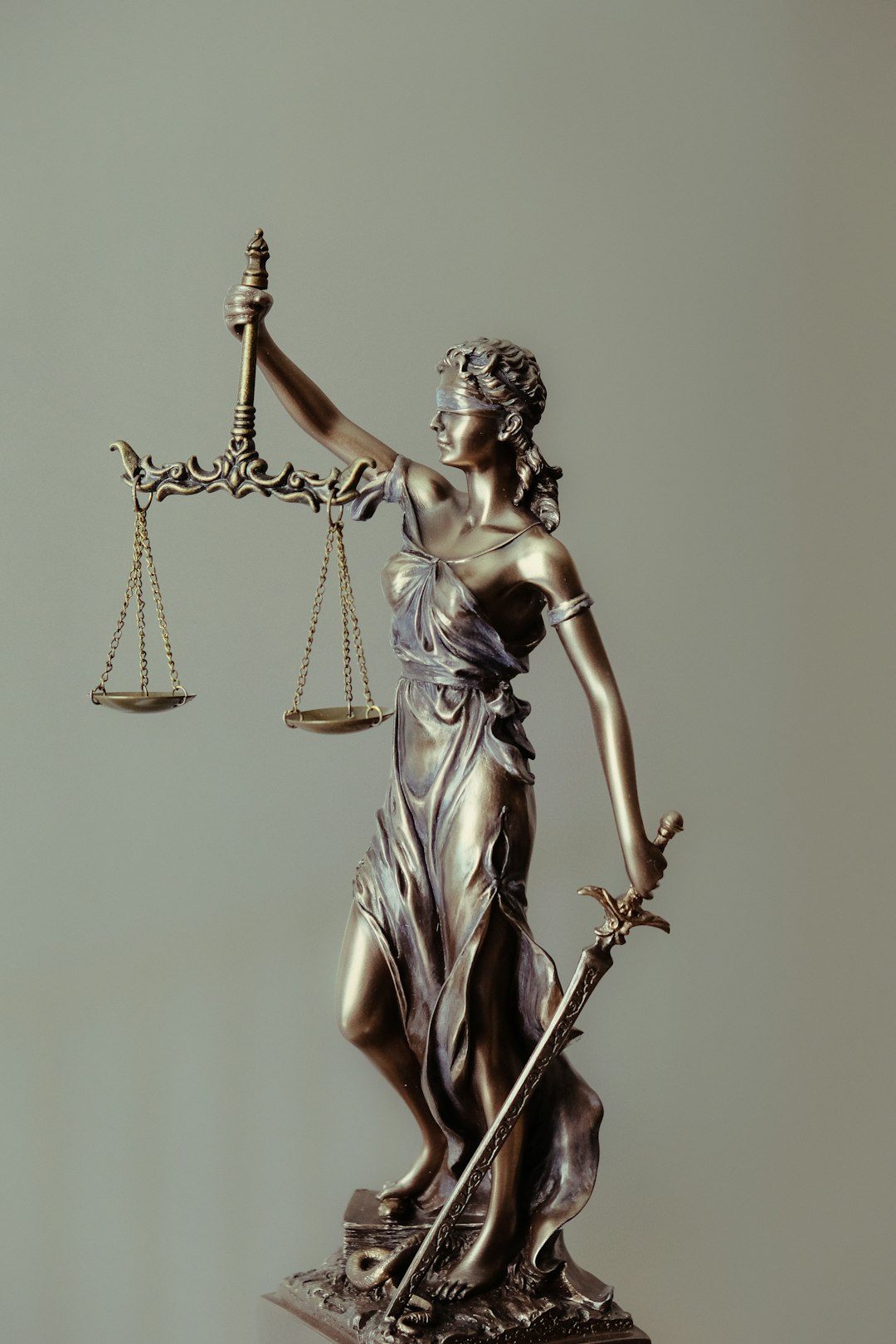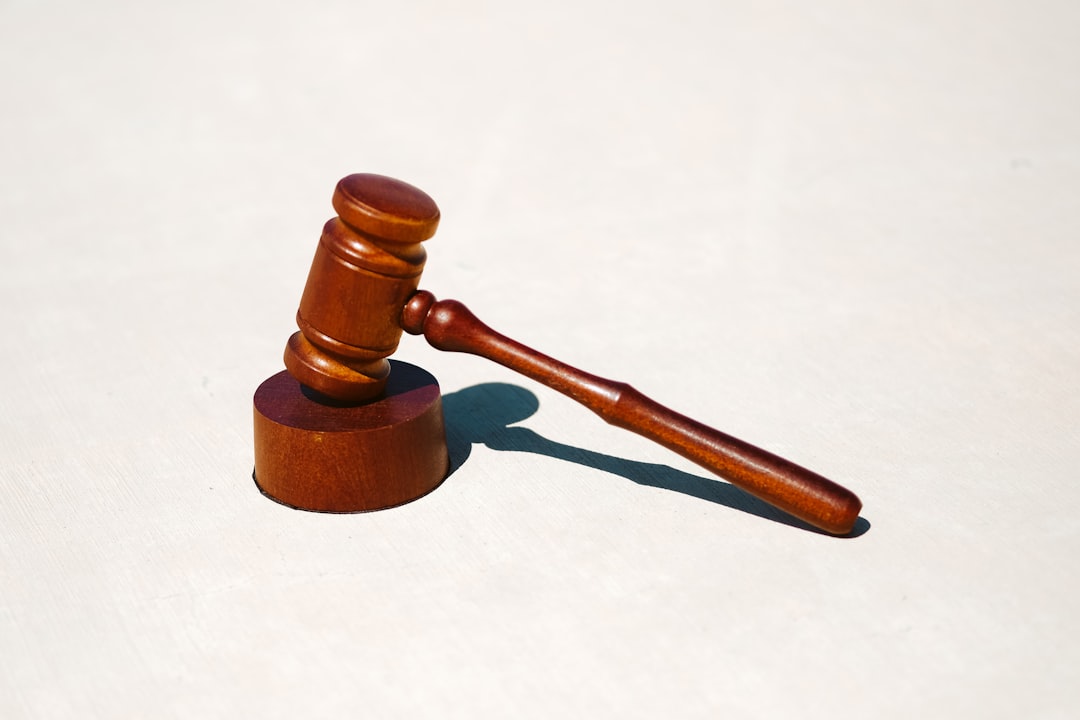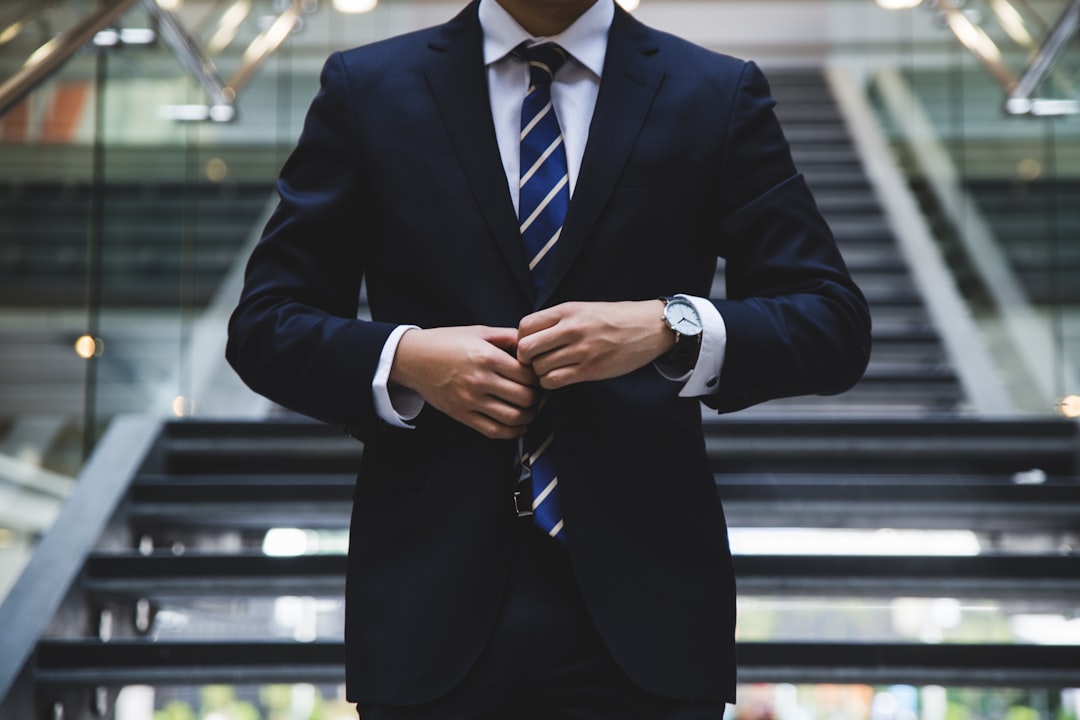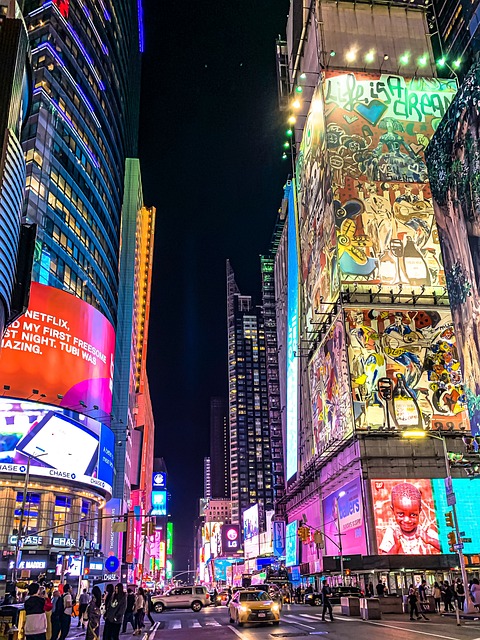Sexual assault is a devastating experience with profound legal ramifications. Accessing justice can be especially challenging for survivors, who often face complex legal processes and emotional barriers. In New York NY, where legal aid organizations are crucial, dedicated sexual assault lawyers play a pivotal role in empowering survivors to take control of their healing journey. This article delves into the critical support these attorneys provide, navigating intricate legal systems and advocating for survivors’ rights, ensuring they receive the comprehensive assistance they deserve. By exploring this vital service, we aim to shed light on the transformative impact a skilled sexual assault lawyer can have.
Understanding Legal Rights: A Guide for Survivors in New York NY
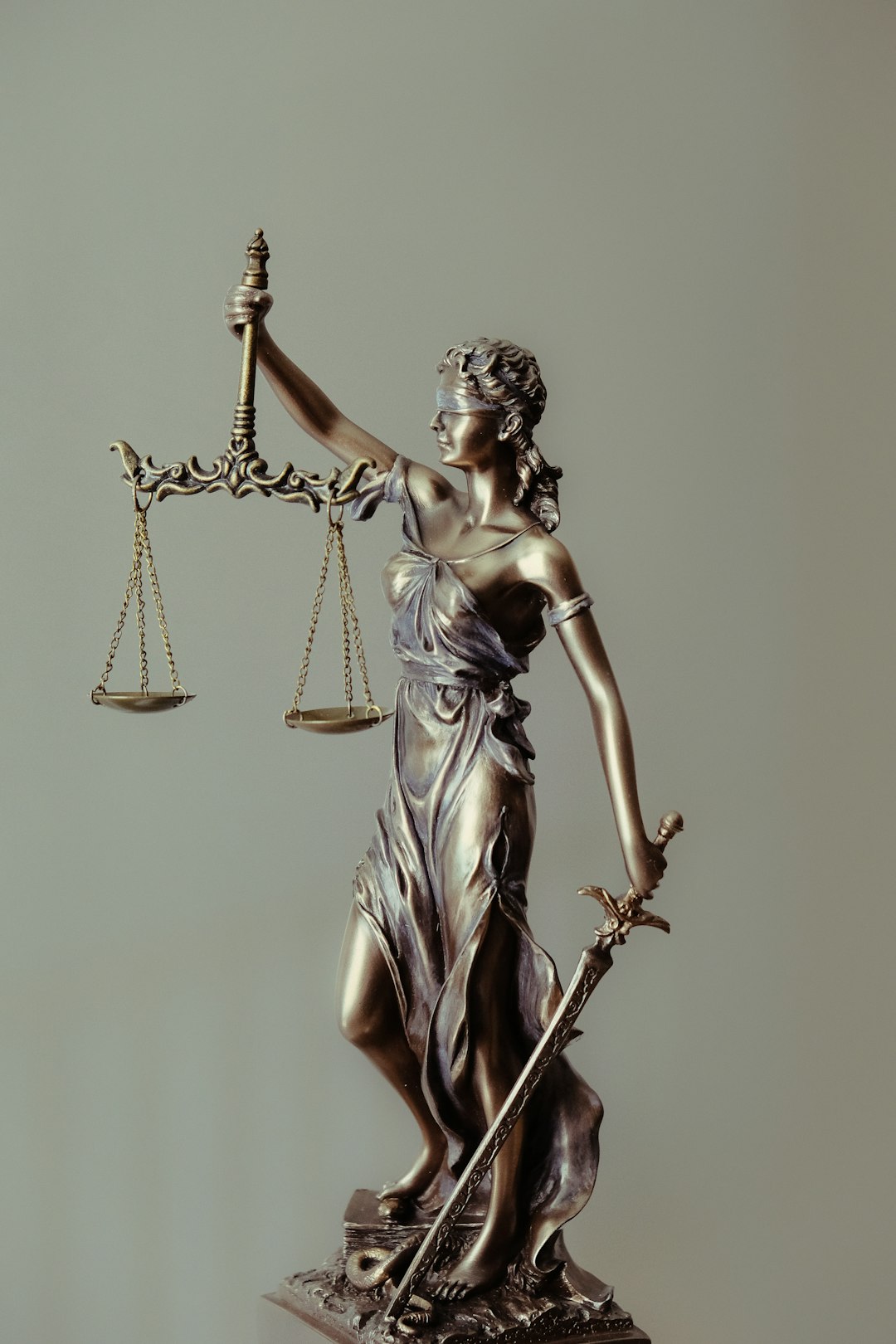
Understanding your legal rights is a crucial step for survivors of sexual assault, especially when navigating the complex justice system in New York City. A sexual assault lawyer in New York NY can offer invaluable guidance tailored to the unique challenges faced by victims. The first step for any survivor is to recognize and assert their rights, which are protected under both state and federal laws. One key right is the ability to file a criminal complaint without fear of retaliation, ensuring that the perpetrator faces legal consequences.
In New York, survivors have the option to pursue charges through a sexual assault prosecutor who specializes in these cases. A sexual assault lawyer can aid in this process, assisting with evidence collection and preparing for potential court appearances. It’s essential to know that survivors are entitled to various forms of support during this time, including counseling services, medical care, and legal representation. For instance, the New York City Human Resources Administration provides emergency assistance and resources specifically for sexual assault victims.
Practical steps include documenting every interaction related to the assault, keeping records of medical treatments, and gathering any physical evidence. A lawyer can help interpret these documents and guide survivors through the legal process. Additionally, being aware of deadlines is critical; there are time limits for filing criminal charges and civil lawsuits. New York state law allows up to 120 days to file a criminal complaint, ensuring that survivors have adequate time to seek assistance from a sexual assault lawyer in New York NY and make informed decisions regarding their case.
Navigating Justice: Steps to Access Sexual Assault Lawyer Aid
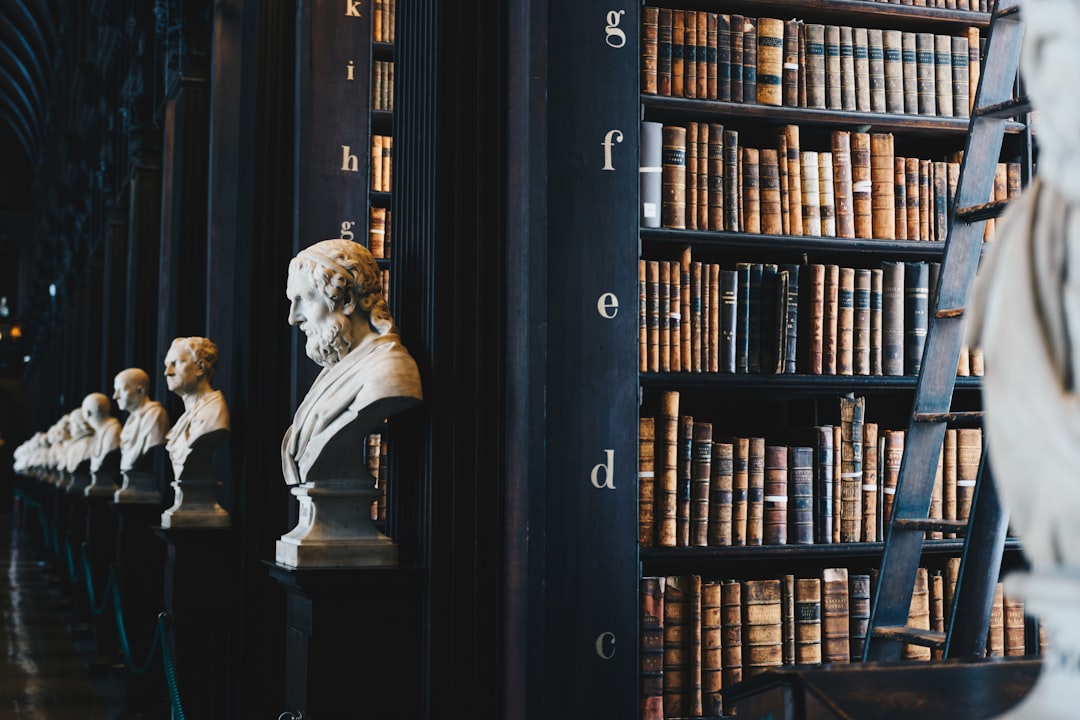
Navigating the legal system after experiencing sexual assault can be an incredibly daunting task. Survivors often require specialized support to understand their rights and access justice effectively. This is where sexual assault lawyers in New York NY play a pivotal role, offering crucial guidance and representation. The process of seeking legal aid should be well-structured and sensitive to the unique needs of survivors.
The initial step involves reaching out to local legal aid organizations or advocacy groups dedicated to supporting sexual assault victims. These entities provide free or low-cost legal services and can connect survivors with qualified attorneys specializing in criminal cases, civil lawsuits, or both. For instance, New York City has several legal clinics that offer tailored assistance, ensuring survivors receive competent representation throughout the entire process. Some organizations also provide crisis intervention and support services alongside legal aid.
Once a survivor connects with a sexual assault lawyer New York NY, they can expect a comprehensive assessment of their case. The attorney will review relevant evidence, such as medical records, police reports, and witness statements, to build a solid legal strategy. This may include pursuing charges against the perpetrator, seeking civil damages for emotional distress or physical injuries, or both. It is essential for lawyers to work collaboratively with survivors, ensuring their comfort and input throughout the legal journey. Regular communication and open dialogue foster trust and facilitate an effective partnership in achieving justice.
Support Services: Post-Report Care and Advocacy in NYC
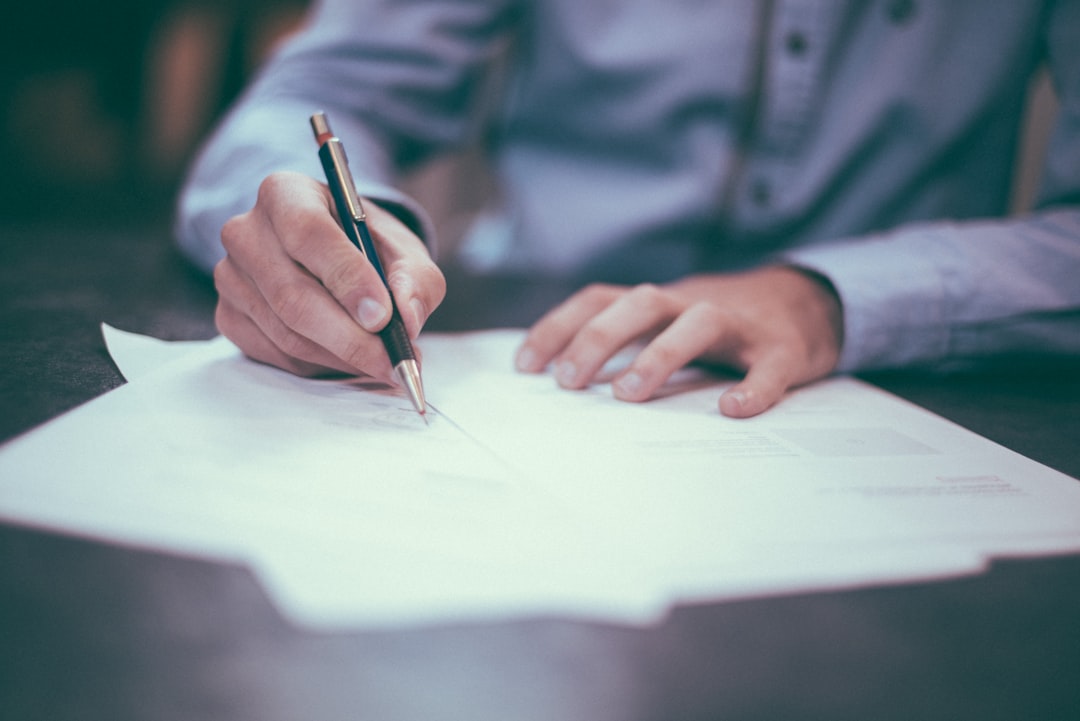
Supporting sexual assault survivors with legal aid is a multifaceted process that extends far beyond initial reporting. In New York City, post-report care and advocacy play a critical role in ensuring survivors receive comprehensive assistance. This involves a network of support services designed to protect their rights, offer emotional support, and guide them through the complex legal system. One key player in this landscape is the sexual assault lawyer New York NY residents can turn to for specialized representation.
In NYC, organizations like the City’s Legal Aid Society and various non-profit groups provide free or low-cost legal assistance tailored to survivors’ needs. These services encompass a range of activities, from helping survivors navigate criminal proceedings to assisting with civil lawsuits against perpetrators or institutions responsible for the assault. For instance, a sexual assault lawyer in New York NY can assist with gathering evidence, preparing court filings, and advocating for survivors’ interests during trials or settlements.
Data highlights the significance of these services: according to recent statistics, only a fraction of sexual assault cases result in prosecution due to various barriers, including legal complexity and survivor fear. This underscores the crucial role that well-informed advocacy plays in ensuring survivors’ voices are heard. By providing specialized legal aid, sexual assault lawyers New York NY residents can empower survivors to take control of their healing journey while seeking justice for the crimes committed against them.
About the Author
Dr. Emily Taylor is a leading legal scholar and advocate with over 15 years of experience supporting sexual assault survivors through the legal system. She holds a JD from Harvard Law School and an MA in Criminal Justice. As a contributing author for The American Bar Association Journal, Dr. Taylor advocates for survivor-centered legal aid, focusing on improving access to justice for marginalized communities. Her work is actively shared on LinkedIn, where she fosters global conversations on legal reform.
Related Resources
Here are 7 authoritative resources for an article about supporting sexual assault survivors with legal aid:
- RAINN (Rape, Abuse & Incest National Network) (Community Organization): [Offers comprehensive resources and support for survivors, including legal information and advocacy.] – https://www.rainn.org
- National Sexual Assault Hotline (Government Service): [Provides 24/7 crisis support and referral services to survivors across the U.S.] – https://www.rainn.org/hotline
- American Bar Association (ABA) Commission on Legal Aid and Access to Justice (Legal Organization): [Promotes access to legal aid and offers resources for low-income individuals, including sexual assault survivors.] – <a href="https://www.americanbar.org/groups/legalaid/” target=”blank” rel=”noopener noreferrer”>https://www.americanbar.org/groups/legal_aid/
- National Center for Victims of Crime (Non-Profit Organization): [Offers victim advocacy services, research, and educational resources for survivors, including legal assistance information.] – https://ncvc.org
- Harvard Law School Legal Aid Bureau (Academic Institution): [Provides free legal services to low-income individuals in the Boston area and offers valuable insights into legal aid delivery.] – https://www.law.harvard.edu/legal-aid
- The American Journal of Criminal Law (Academic Journal): [Publishes research and analysis on criminal law issues, including sexual assault cases, offering an academic perspective for advocates.] – https://journals.sagepub.com/doi/full/10.1177/0002994018765360
- U.S. Department of Justice Office on Violence Against Women (OVW) (Government Agency): [Funds and guides programs to support survivors of domestic violence and sexual assault, providing valuable resources for legal aid organizations.] – https://www.justice.gov/ovw
